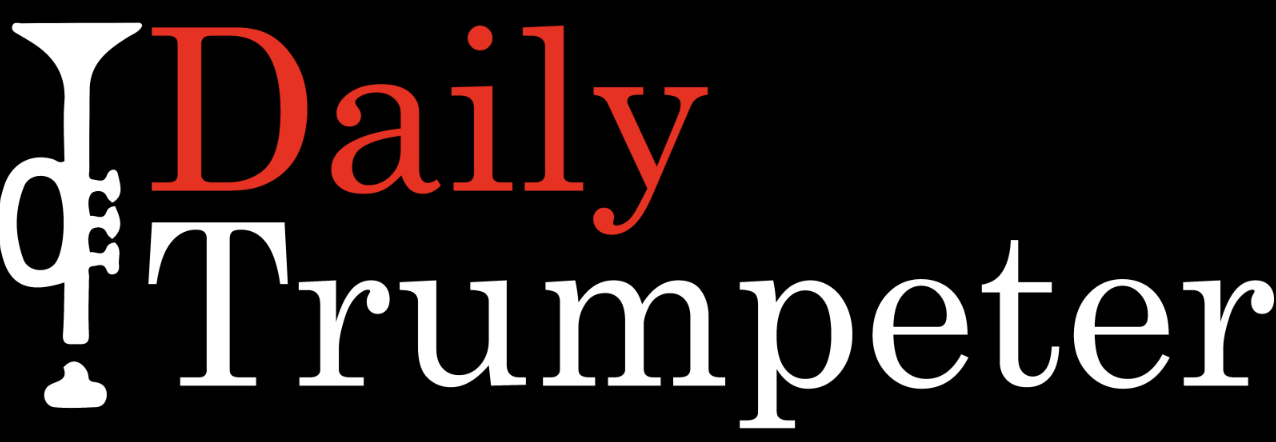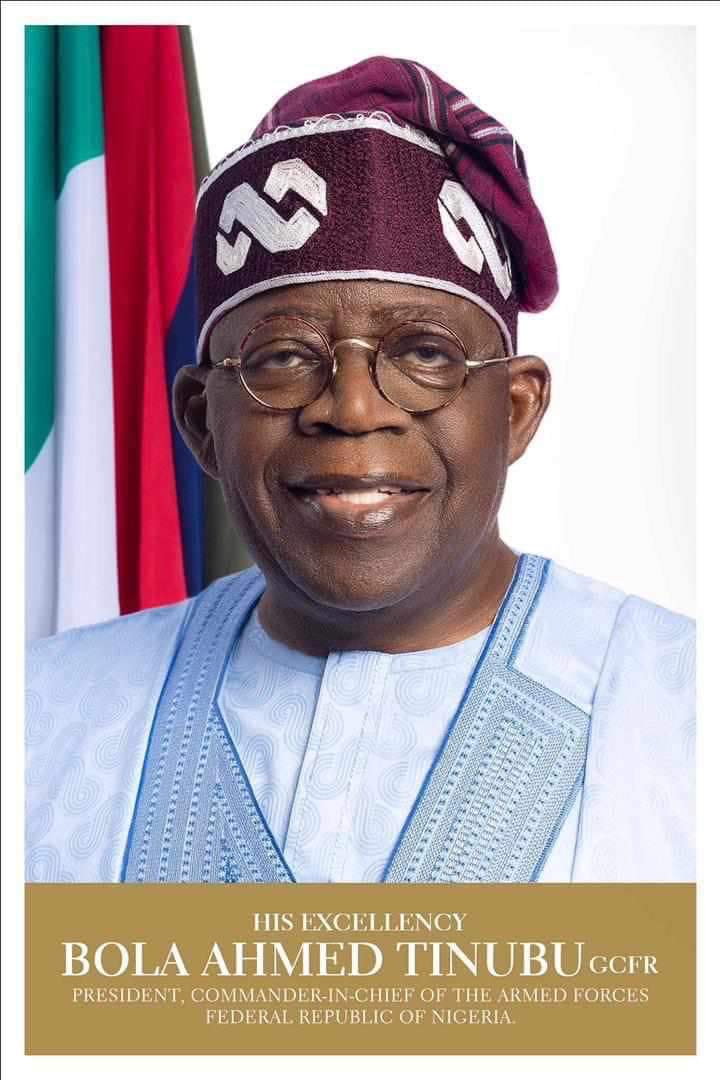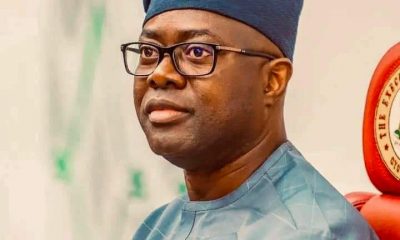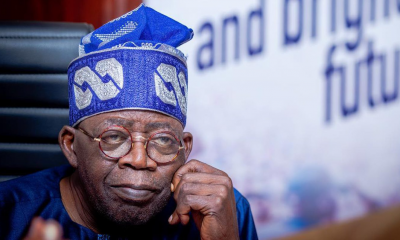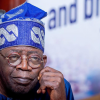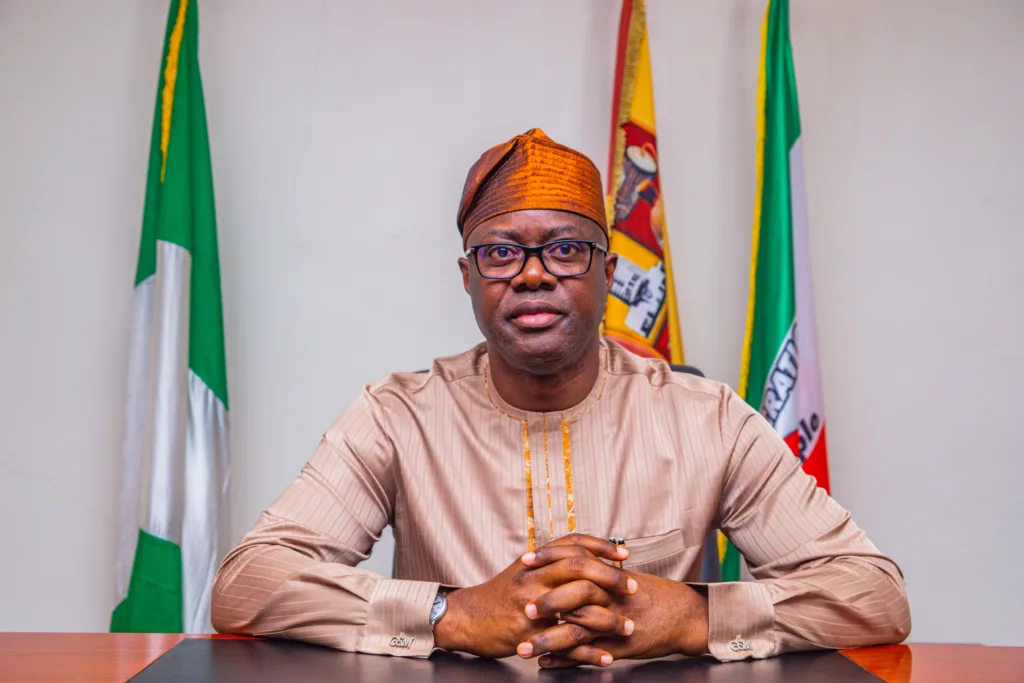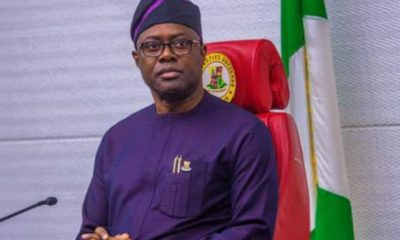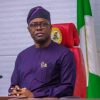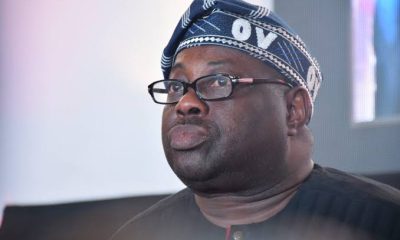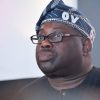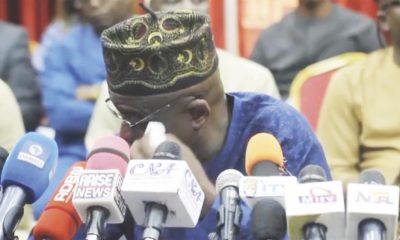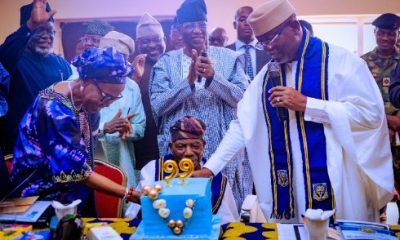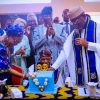Opinion
Enough of shameless and irresponsible blame game
By Dele Olaitan
Since 1999 when the nation returned to civil rule, it has become more fashionable for self-styled social commentators to berate and call out the military for castigation and unwarranted criticism. This class believe that Nigeria’s destined greatness was cut short by military intervention in 1966 and military dictatorship therefrom. To this people, the woes of the nation should be blamed on military intervention into politics of Nigeria. This is very far from the truth. No soothsayer is needed to tell conscious and discerning minds what would have happened were the military not to step in as it did. History is a very dynamic and unique subject. It spins out endless web of lessons while objectively dissecting the past of any given people. History is a living subject that deals with the dead in very amorphous and wholesome ways for the utilization of the living. This is perhaps why that Greco – Roman historian Cicero once said that “Not to know what happened before one was born is forever to remain a child”. This essentially means that knowledge of what was or happened and transpired in the past is very crucial and important in making matured decisions on the most viable and best course of action to take in the present. Unfortunately, very few people learn from the lessons of history. This is despite the fact that all humans have the privilege of being historians. The Yoruba says “Bi omode ko ba itan, a ba aranba. Aranba si ni baba itan”. Literally, this means that if a child misses history, he should know folktales. And folktale is grandfather to history. Why would such child not grow to maturity in wisdom in the ways of his forebears?
But then, not that people do not know history or learn from lessons of history. As imperfect beings, people (Nigerians in particular) tend to becloud their sense of reasoning with sentiments and emotions. Historical facts are oftentimes either twisted, ignored or jettisoned for personal benefits. Arriving at appropriate conclusions and advancing right solutions would then become a problem to anyone deliberately so inclined. This is mainly why Nigeria is seemingly moving in a circle despite all efforts to the contrary. Continuously looking back without being objective lacks sincerity hence is mischievous. No real progress can be made thus.
This insidious blame game is characteristically of affluent and influential personalities most especially politicians who benefitted from military rule. They hardly see any good or useful contribution that came out of the military’s incursion into politics in Nigeria. In most cases, the famous saying of the late sage Chief Obafemi Awolowo that “The worst democratic government is better than the best military dictatorship” would be used to add value to this obnoxious narrative. Incidentally, the fact that the late sage was the Vice Chairman of the Federal Executive Council and Federal Commissioner of Finance of a military junta would be glossed over. On the other hand, this informed submission of the sage is hardly ever given any in-depth thought as to the salient reasons, significance and imports. Was it Jankara marketplace government the type of democracy that Awolowo was alluding to? In the democratic setting of Jankara marketplace, the “elected leaders” called Babalojas and Iyalojas are mostly those selected and anointed by godfathers. They would constitute themselves into a management team dominated by family and friends. They use market resources for personal aggrandizement, they are laws unto themselves and exploit market men and women to no end through all means and methods possible. Above all, these leaders use the market security forces to oppress and suppress others in the market oftentimes applying divide and rule tactics so as to perpetuate themselves in power. Awolowo could not have had the Jankara marketplace ‘democracy’ type in mind when comparing democratic government with military dictatorship. This is simply because the Jankara market place government is not democratic but only called and described so. And if it is not democracy, can it work like democracy?
And come to think of it, would a truly democratic government that must have taken even the military establishment into proper cognizance and perspective give room for violent overthrow of political power? This is very much doubtful since it would be almost impossible for lack of genuine raison de ta. Therefore, no matter how bad a democratic government might be, it should still be far better than military dictatorship so long the democratic appellation is justifiably applicable to it. All indices for measuring and identifying a democracy must be in place at all times no matter how bad such government is. And among these, such intangible but flagships as the rule of law, free and fair elections at regular intervals, guaranteed human rights, being accountable to the people, respect for the will and sovereignty of the people are of prime importance. Not the tangible and physicals like roads, hospitals, huge pay packets, schools etc. Contrary to widely held opinion, the provision of infrastructure, economic buoyancy, empowerment or employment, prosperity etc are not gains useful in measuring democracy. These are no dividends of democracy as often pranked with by most Nigerian politicians.
But for the Unity Party of Nigeria (UPN) of Obafemi Awolowo in the Second Republic, which other political party gained power and governed democratically in accordance with its declared political ideology and program? The UPN governed five States and had same socio – economic and political manifestations in those States. It was a clear demonstration of democracy at work promoting, propagating and implementing its four cardinal program. This essentially is the type of democratic governance that Awolowo was saying is far better than the best military dictatorship. Not so with any of the other parties. Not even the party in power at the center and in control of largest number of States. Do you call that party democracy and democratic government? Was it not more or less political jamboree that treated the people as mere tolerable irritants? Even in this so called democratic dispensation since 1999, most political gladiators do whatever catches their fancy once they clinch political power and are sworn into office. There are no clearly defined ideologies to guide political actors’ performance. What democratic governance is that and where else is such practiced?
Even before now and under the watch of the military junta of military President Ibrahim B Babangida, this odious penchant for oddity was carried to the extreme. Babangida created two political parties along the two main political ideologies. The National Democratic Convention (NRC) was fashioned alongside the Capitalists/Liberals ideology and he described it as “…a little to the right”. The other was the Social Democratic Party (SDP) as a platform for the Socialists. He equally described that party as “…a little to the left”. Yet all manners of politicians with indistinguishable ideologies and political principles flooded both parties. Was the military also responsible and is to blame for this?
It is probably only in Nigeria that politicians do not have neither apologies nor qualms or misgivings about identifying with ANY political party at any time they so wish. In Nigeria’s politics, there is neither honour nor shame among its practitioners. All that matters is power which is pursued vigorously with the Machiavellian principle of “the end justifies the means”. There must first be party discipline before there can be disciplined political leadership. Most Nigerian politicians only seek political power for selfishness and not for service to the people. So when political game is not played as expected or supposed to be played and the goals are not being scored as desired, is the military to blame?
Now to why the military cannot but share in the blame. To start with, the 15th January 1966 coup speech of Major Chukwuma Kaduna Nzeogwu remains the most explicit description of the Nigerian State even now. The maiden coup speech emphasized BAD POLITICAL LEADERSHIP as the bane of the nation’s development and growth. It is noteworthy that the speech has been repeated in all military coup broadcasts in Nigeria albeit with some modifications. Is it not still the same now? If bad political leadership and political merchants is the nation’s main problem before the advent of military rule in 1966 and still is even now, how is military rule to blame thus? But then, it was this Bad Leadership that the military was poised to change. The military is to blame to the extent of its failure in this mission.
As there are no perfect politicians, so also can there be no perfect soldiers for all are humans and imperfect by nature. But when it comes to the affairs and interests of the nation and country, the soldier is expected to be quite more consciously patriotic. His calling by choice, his training and indoctrination coupled with his consciousness of being the last refuge and shield for the people must combine to compel him to be different. Hence the soldier that marches forward and propelled himself into the corridors of political power as ruler must be particularly different from the everyday politician in disposition, world outlook and performance. Thus, “the man on horseback” is seen more or less like the biblical Messiah or Moses on a rescue and redemption mission. Military coup makers must necessarily be revolutionaries. Otherwise, the game is not worth any effort at playing.
But alas, Nigeria’s contemporary history shows that the nation is deeply enmeshed in a political bandwagon of self-aggrandizement and vanity worship. Most politicians in Nigeria venture into politics for what they could benefit rather than what they could offer the nation. In this aspect, the military politician is the worst. It might be a little understandable and perhaps a bit acceptable too if civilian politicians are callously reckless in their politicking. But military politicians who follow in the footsteps of those they condemned and replaced are more heinously wicked. Chukuemeka Odumegu Ojukwu pointedly alluded to this anomaly when in his publication ‘Because I am Involved’ said inter alia “…… the entry of military into Nigerian politics has not fulfilled its promise….” This meant that the military failed in its political rescue and redemption mission. It inadvertently became a drowning victim in the turbulent political waters of the country. Hence the incessant clamor of the masses for political leadership that would truly emancipate and offer succor and redemption to the people.
The promise in this wise which O Ojukwu said the Nigerian military could not fulfill is simply that of ‘Better Alternative’ to politics of avarice and oppressive exploitation. It was the dream and desire of the maiden military coupists to take Nigeria and Nigerians to highest heights of human existence possible. And all other coupists subsequently followed in this pattern and promise. How successful the military is could be easily seen from the “Overtake don overtake overtake, ODOO!” (apologies to late Fela Kuti). So the real issue here is that if gold could rust, what would wood, plastic, iron and all other elements do?
However, it is instructive to note and clearly state that the military was made to fail. The main reason for this failure is that the military itself has become heavily politicized and largely reduced to a shadow of its professional self. From the moment the revolutionaries of the maiden coup failed to grasp political power, the revolution has failed. What followed subsequently was just ‘following the motions’. The politicians were still in power indirectly. And as ‘Ajegbodo’ that they are, would naturally draw more people to themselves. This is why there were subsequent putsches by military men against military rulers.
As an example, the most talked about ‘flaw’ of the General Aguiyi Ironsi’s ill-fated regime was the introduction of unitary system of government. Ironsi abolished the federal system whereby the regions were autonomous when he promulgated the Unification Decree 33 of 1966. Politicians were working behind the scenes and were responsible for this development. What the world was seeing during the period were the hands of Esau while the voice was distinctly that of Jacob. But the military became the ‘scape goat’ that continues to bear the brunt of this ‘mistake’ simply because Ironsi became a politician in uniform. If Ironsi made an error of judgment with and through this Unification Decree in 1966, why is the error still with us since then till now? Why so much motion but less movement about correcting this?
In 1967 when Nigeria was at the precipice and war was imminent, genuinely concerned individuals took steps to rescue the nation and forestall calamity. Their efforts successfully peaked in the Aburi Agreement or Accord. There, the military protagonists talked to and with each other as brothers and comrades at arms. A compromise was reached and an accord or agreement signed therefrom. Everyone departed with faith that all agitations, apprehensions, concerns and misgivings have been laid to rest amicably and permanently. As gentlemen officers whose words were their bonds of honor, it was never expected that there could be any backsliding or reneging on the accord and promises made. Unfortunately, the unethical and dishonorable breaking of agreement between military officers happened. When the Federal team returned to Nigeria from Aburi, Ghana where the Accord was signed, ‘Faults’ were reportedly found in the Accord. This led to General Yakubu Gowon going back on his words. Here too could it be seen clearly that General Gowon had become a politician in uniform. Incidentally, the General is still alive and his memoirs would immensely benefit Nigeria. The other party insisted on the sanctity of this agreement as patriotic citizens and gentlemen officers. “On Aburi we stand” thus became the aggrieved slogan of the ‘betrayed’ party. It is widely believed that certain powerful politicians persuaded General Gowon to take the cause of action he took then. The consequence was a preventable three years fratricidal war. Yet the military alone remains the scape goat to be blamed for this till eternity. Are most of the issues agreed on in Aburi in 1967 not presently on front burner of Nigeria’s political discourse?
Even the annulment of the 12th June, 1993 Presidential election cannot be totally blamed on the military. Roles ignobly played by certain politicians during this unfortunate episode are on record. Likewise, the bid of a former Head of State late General Sanni Abacha to transform into an elected president cannot be blamed on the military. The intrigues of the five political parties (described by late Bola Ige as “five fingers of a leprous hand”) wanting to adopt him as a “consensus candidate” cannot be easily forgotten. Is the military to blame when politicians gather to strategize, midwife and organize marches to support and promote a military dictator with the infamous slogan “He that the cap fits”? And at the twilight of military rule preparatory to return to civil rule in 1999, a political miracle occurred. Was the world not shocked so to say when O Obasanjo a former military ruler became the elected president against the choice of his own South Westerners being appeased with the post?
In essence therefore, there has never been any time in Nigeria when a military regime is devoid of active collaboration, concurrence and participation of civilian politicians. Do Nigerians not deserve the types of leadership they have? Truthfully, Nigeria never had full blown military dictatorship in the real sense of the concept. So also is Nigeria yet to experience the ideal democratic governance in the real sense of the concept too. How plausible is it then to single out the military to blame for the woes of the nation if not for mischief and treachery?
On the other hand, military rule and dictatorship can be a blessing as well as misfortune for a nation. Many nations were tremendously blessed by virtue of being governed by military dictators. Many nations too had been adversely affected by their elected leadership turning or wanting to turn to dictators. Invariably, this means that every nation deserve the types of leadership it has at every point in time. As there are bad military dictators, so also there are worse democratically elected leaders. What matters most is the persona of the dictator and leader for “manners makes man”. General Murtala Ramat Mohammed of blessed memory was a dictator. His convictions, mannerism, principles and world view made him a benevolent dictator. This made him stand out from all his peers as a Head of State. Yet he paid the supreme sacrifice for being a humble and considerate leader. The nation mourned him sourly unlike when another died many years later and there was jubilation on the streets of the country. Both were military dictators. Late Umar Musa Yar’adua was a politician and the governor of Katsina State for eight years. He gave a very good account of himself to the extent that none of his lieutenants is being hounded by any anti-graft agency. From there, he became an elected president of Nigeria and never blamed anybody for the state of the nation. Rather, he dedicated himself to service devotedly and led by example. He died in office and was deeply mourned by Nigerians for his good deeds and being a man of honor and integrity. Even in death, he remains incomparable to any other elected Nigerian leader till date. Babatunde Raji Fashola governed Lagos State with strict application of the rule of law and democratic tenets like nobody before him. Within a span of eight years, he gave the State a face lift deserving of its status as the most prosperous in Nigeria. He never bemoaned the atrociousness and incapability or incapacity of governors before him. Like the late Umar Yar’adua, neither he nor any of his subordinates then are on the wanted list of anti-crime agencies.
Thus for the woes of the nation, it is unfair to blame only the military. Or, on what basis is this meaningless, shameless and irresponsible blame game? Had the military not stepped into power in 1966, perhaps there would be no country called Nigeria now. Only that the military was distracted and got carried away along the line hence lost the battle for the soul of the nation to politricksters. If gold which was the military in this instance by virtue of its tradition and ethics could be made to rust, what fate awaits the nation in the hands of politicians who are of lesser clout, heritage and mien but could make gold rust? This despised, looked down upon and spurned military remains the ONLY backbone sustaining the unity and continued existence of the nation. It is necessary that we learn to make haste very slowly in order to reach our destination very safely. We are all to blame to the extent of our individual and collective involvement.
Major Dele Olaitan (rtd) lives in Shao near Ilorin
